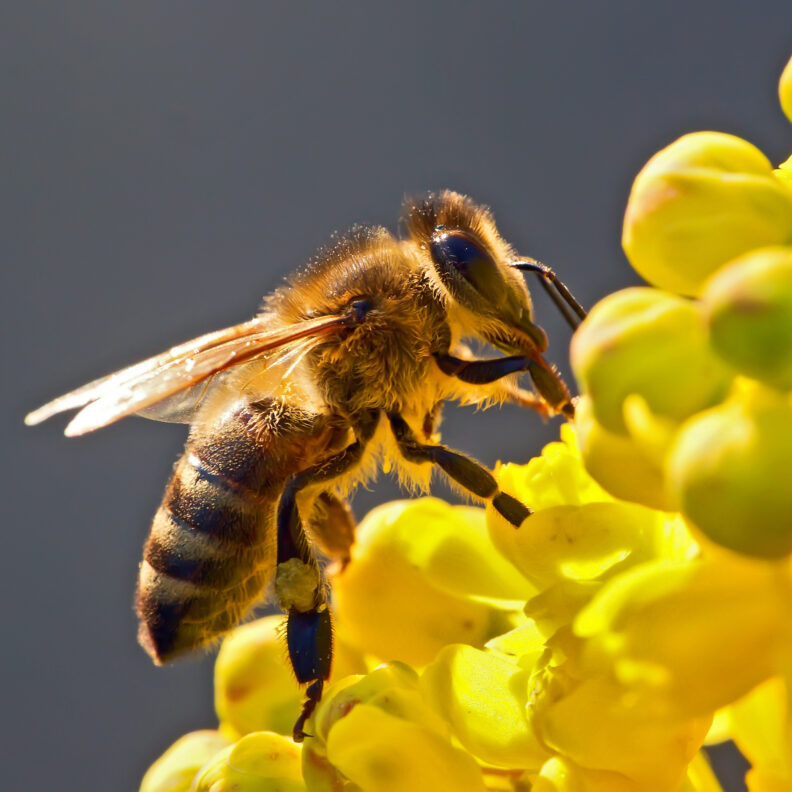
Honey Bees + Pollinators
The WSU Honeybees + Pollinators Program is a cornerstone of the College of Agricultural, Human, and Natural Resource Sciences (CAHNRS) dedicated to fostering resilient ecosystems in Washington and beyond.
Our mission intertwines innovative research, community engagement, and education to safeguard pollinators, pivotal to our food security and environmental health.
In partnership with the CAHNRS Resilient Washington initiative, we’re committed to advancing sustainable practices and pollinator-friendly landscapes, ensuring a flourishing future for agriculture and natural resources. Join us in exploring our research, initiatives, and how you can contribute to a resilient and pollinator-rich world.
Quick Links
Research Labs
Extension
Buzzy Bee Blog
Most Recent Post:
March 2024
Breeding Program
Research Publications
People
WSU Entomology
Honey Bee and Pollinator Research, Extension, and Education Facility
Washington State University’s new facility in Othello, WA, offers a home for development of the world’s best programs to help save the bees. This facility, which opened in 2020, is located amid the pollinator-dependent agriculture of central Washington.



“This facility will increase collaboration and allow for enhanced short courses, demonstrations, and classes for beekeepers—which will directly help the agricultural industry since honey bees are vital to our food supply. This facility will really help upgrade the work we do.”
Steve Sheppard, P. F. Thurber Endowed Professor of Pollinator Ecology in WSU’s Department of Entomology

Bee Friendly
Join Us in Saving the Bees
We partnered with Paul Stamets and Fungi Perfecti to protect honey bees and pollinators. Our renowned global research program works with beekeepers, scientists, environmentalists and communities to improve honey bee and pollinator health. This effort supports research on how fungi can help honey bees.
Together, our work will ensure the thriving pollination system critically needed for domestic and global food security.








